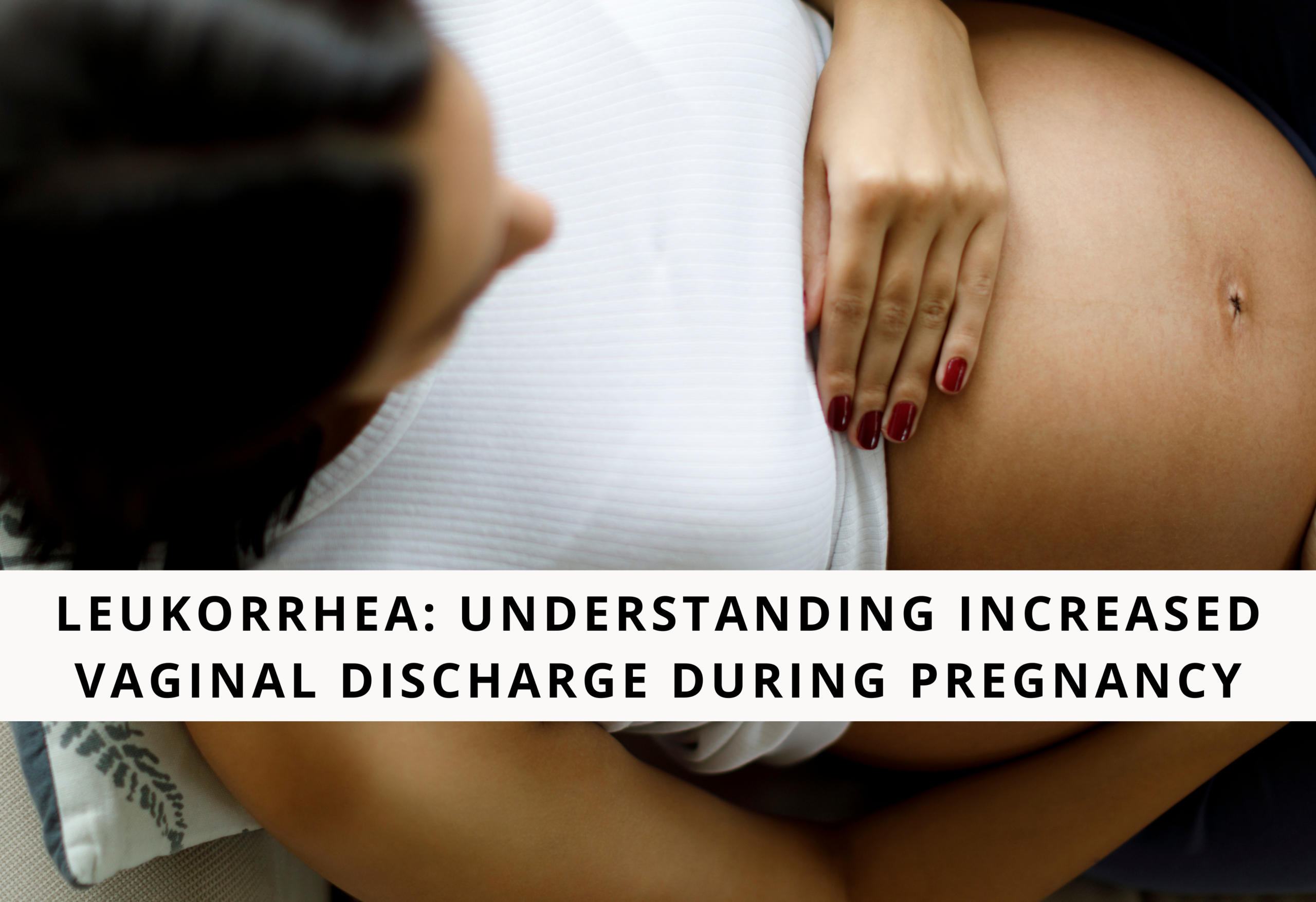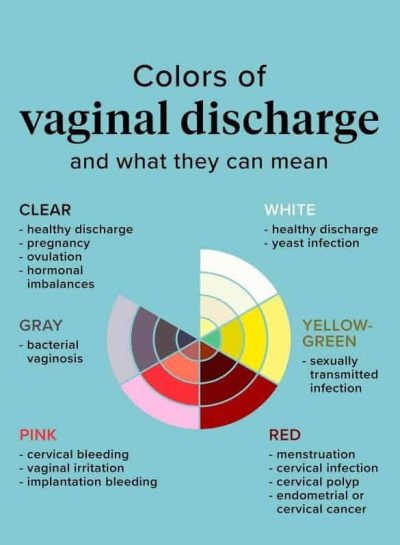Leukorrhea: Understanding Increased Vaginal Discharge During Pregnancy
During pregnancy, many people notice changes in their bodies, and one common change is an increase in Vaginal Discharge During Pregnancy. This discharge, known as leukorrhea, is usually thin, clear, or milky white, and it has a mild smell. It’s one of the first signs that you’re pregnant and continues throughout your pregnancy. It’s totally normal and is caused by an increase in blood flow and hormones in your pelvic area.
Sometimes, though, vaginal discharge can be a sign of a problem, like an infection. Infections like bacterial vaginosis, yeast infections, and trichomoniasis can cause discharge that might look different from leukorrhea. It might be a different color, like yellow or green, and it might smell bad. These infections can cause problems like itching, pain when you go to the bathroom, or pain during sex. They can also lead to bigger problems during pregnancy, like having your baby too early.
Your midwife or care provider can tell the difference between normal Vaginal Discharge During Pregnancy and the kind that might be a sign of a problem. They use exams and tests to figure it out. It’s important to check because infections during pregnancy can affect both the parent and the baby. If you’re worried about your discharge, the best thing to do is talk to your midwife or doctor. They can help you figure out if it’s just a normal part of pregnancy or if you need treatment for an infection.
What Is Leukorrhea?
Leukorrhea is characterized by clear to white discharge that may vary from thin and watery to more viscous in texture. It’s a common part of pregnancy, caused by increased estrogen levels and blood flow in the pelvic area, enhancing the body’s natural defenses against infection by making the vaginal secretions more acidic. While it may be surprising or unsettling at first, leukorrhea serves a protective function for both the mother and the developing baby.
How to manage increased Leukorrhea
Choose Cotton Underwear: Opt for absorbent cotton underwear to help keep the area dry and comfortable. Consider changing your underwear several times a day if necessary.
Maintain Perineal Hygiene: Gentle washing of the genital area during your showers with mild soap and water can help you feel more comfortable and prevent any potential irritation.
Use Unscented Panty Liners: If the discharge is particularly heavy, unscented panty liners can be a practical solution, offering an extra layer of protection without introducing irritants.
Avoid Certain Products: It’s important to avoid douching and self-treatment with over-the-counter medications for leukorrhea, as these can disrupt the natural balance of your vaginal flora and potentially lead to complications.
When To Call The Midwife
While leukorrhea is a normal part of pregnancy, certain symptoms accompanying the discharge may indicate an infection or other condition that requires professional evaluation:
Itching or Pain: Discharge accompanied by itching, burning, or pain could be a sign of a yeast infection or another type of infection.
Foul Odor: A strong, unpleasant odor can also indicate an infection that needs to be treated.
Change in Color or Consistency: Any significant changes in the appearance of the discharge, such as a greenish hue or a very thick consistency, should be assessed by a healthcare provider.
Leukorrhea, though a common and generally benign aspect of pregnancy, can raise concerns for many. By understanding its role in maintaining a healthy pregnancy, adopting simple self-care practices, and being vigilant for signs that warrant further investigation, you can navigate this aspect of pregnancy with greater ease and confidence. Remember, your midwife is there to support you through all aspects of your pregnancy journey, so don’t hesitate to reach out with any questions or concerns.
FAQs about Increased Vaginal Discharge During Pregnancy
- What is leukorrhea and why does it happen during pregnancy?
Leukorrhea refers to the non-irritating, white to clear vaginal discharge that many individuals experience starting in the first trimester of pregnancy. This increase in discharge is due to heightened pelvic blood flow and changes in estrogen levels, which make the secretions more acidic, offering some protection against infections. The discharge can vary in consistency, being either thin and watery or more viscous. - Is leukorrhea a sign of infection?
In most cases, leukorrhea is not a sign of infection but a normal part of pregnancy due to hormonal changes and increased blood flow to the pelvic area. However, if the discharge is accompanied by symptoms like itching, a foul odor, or pain, it may indicate an infection or other condition that requires medical evaluation. - Can I use over-the-counter (OTC) medications to treat leukorrhea?
It’s important not to self-treat leukorrhea with OTC medications or douches, as these can disrupt the natural balance of the vagina and potentially lead to complications. If you’re concerned about the amount or type of discharge, it’s best to consult with your healthcare provider for advice. - How can I manage discomfort from leukorrhea during pregnancy?
To manage leukorrhea and maintain comfort, wear absorbent cotton underwear and consider changing it several times a day to stay dry. Practicing daily perineal hygiene with gentle cleaning and drying can help, and unscented panty liners may also provide some relief by keeping you dry. Avoid using any scented products or douches that can irritate the vaginal area. - When should I call the midwife about my leukorrhea?
You should contact your midwife or healthcare provider if:
- The discharge changes color, especially to green or yellow, or becomes significantly thicker.
- You notice a strong, unpleasant odor.
- The discharge is accompanied by itching, burning, or pain.
- You experience any other symptoms that concern you, such as spotting or bleeding.
These could be signs of an infection or other condition that requires further investigation and appropriate treatment.






